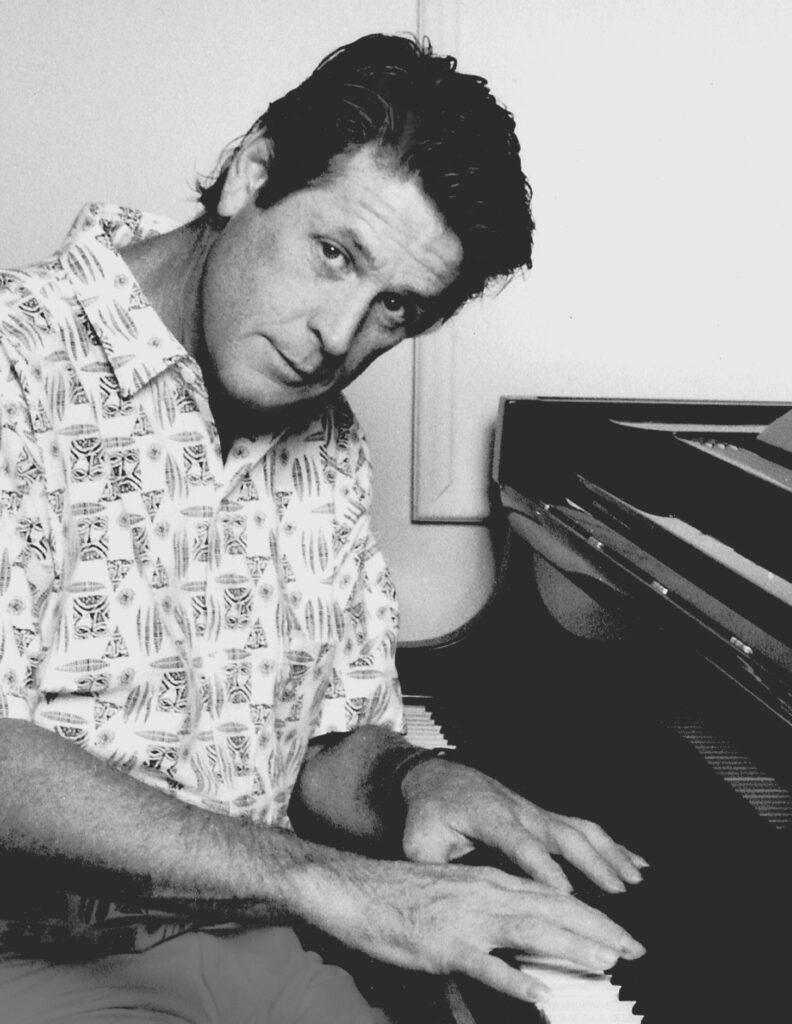
In the cutthroat world of Hollywood, where egos clash as often as creative visions, the line between passionate dedication and outright difficulty can blur, sometimes with career-altering consequences. For a star of a certain caliber, whose name is synonymous with epic sagas and commanding performances, recent years have unveiled a narrative far removed from the silver screen—a tale of on-set altercations, power struggles, and legal entanglements that threatened to cast a long shadow over a meticulously built legacy.
This isn’t just about a star having a bad day; it’s about a series of high-stakes dramas that unfolded behind the scenes of a critically acclaimed production and spilled into the public eye, revealing the immense pressures and combustible dynamics inherent in massive television and film projects. When a figure as prominent as Kevin finds himself embroiled in such controversies, the ripple effects are felt throughout the industry, sparking debates about creative control, professional conduct, and the very nature of collaboration.
We’re diving deep into the tumultuous events that saw this iconic actor face accusations of instigating brawls, challenging established scripts, and navigating a contentious departure from a hit series, all while battling a serious legal claim on a subsequent passion project. It’s a journey into the heart of Hollywood’s less glamorous realities, where even the most celebrated careers can hang in the balance when the camera stops rolling.
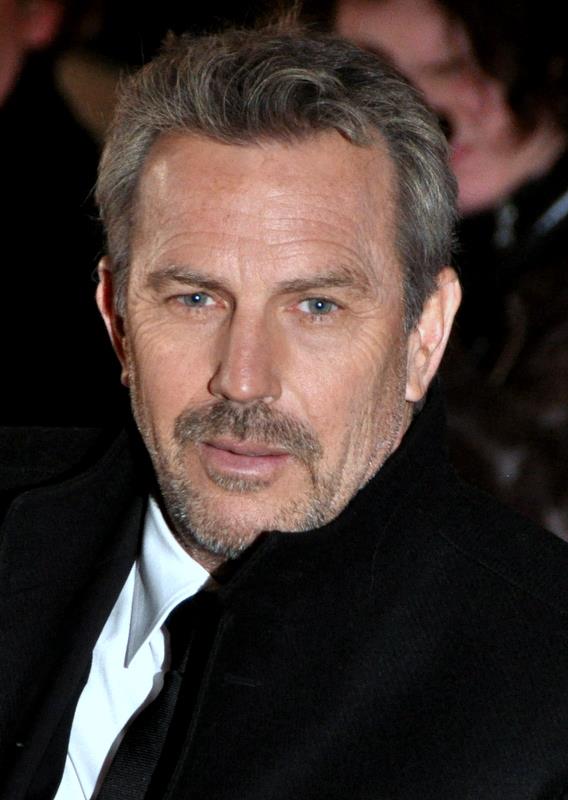
1. **The Infamous ‘Yellowstone’ Brawl Accusation**Rumors began to circulate that the set of “Yellowstone,” a show already known for its intense narrative, became the backdrop for real-life drama, with its leading man allegedly at the center of it all. Accusations emerged that Kevin Costner, the seasoned movie star, was not only involved in altercations but was accused of *instigating* a “nasty brawl” with co-star Wes Bentley. This isn’t just a minor disagreement; the context explicitly points to an incident that was dramatic enough to cause production to “shut down temporarily.”
Such an allegation, if true, speaks volumes about the level of tension and conflict simmering beneath the surface of what was, from an audience perspective, a cohesive and beloved series. It suggests a deeply fractured working environment where creative differences escalated far beyond polite discussion, reaching a point where physical confrontations were reportedly a concern. For a star of Costner’s stature, such reports are not just embarrassing; they hint at a breakdown in professional conduct that can profoundly impact future opportunities and his standing in the industry.
The idea that a key actor could be the catalyst for such disruptions raises questions about leadership, collaboration, and the overall atmosphere on set. It paints a picture of a set “already cracking from creative power struggles and bruised egos,” suggesting that the alleged brawl was not an isolated incident but a symptom of deeper, ongoing issues. This kind of environment is detrimental not just to the immediate production, but to the long-term careers of everyone involved, particularly the one accused of igniting the flames.
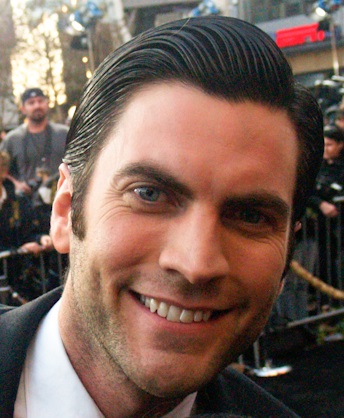
2. **Allegations of ‘Lunging’ at Co-Star Wes Bentley**Among the most alarming reports from the set was the claim that things escalated physically between Kevin Costner and his “Yellowstone” co-star, Wes Bentley. Insiders relayed to The Hollywood Reporter a startling account of Costner allegedly “lunging” at Bentley. This dramatic confrontation reportedly stemmed from a fundamental disagreement over how a scene should be performed, with Costner pushing for his own direction rather than adhering to Taylor Sheridan’s script.
Bentley’s steadfast refusal, reportedly telling Costner he had “signed up for a Taylor Sheridan show, not a Kevin Costner production,” highlights a critical power dynamic and a clash of artistic integrity. It underscores the tension when a star attempts to exert a level of control that goes beyond their designated role. The description of the incident, where “no fists were thrown, but they were in each other’s faces, pushing and shoving and just getting hot until they had to be separated,” paints a vivid picture of a volatile scene that jeopardized the collaborative spirit essential for film production.
This specific incident, characterized as “a tipping point on a set already cracking from creative power struggles and bruised egos,” suggests that it was not merely an outburst but a symptom of a deeper struggle for authority and vision. Such direct confrontations between lead actors are rarely kept quiet and inevitably feed into a broader narrative about an actor’s professional reputation. The implications for Costner’s perceived conduct and his ability to work harmoniously with others were significant.
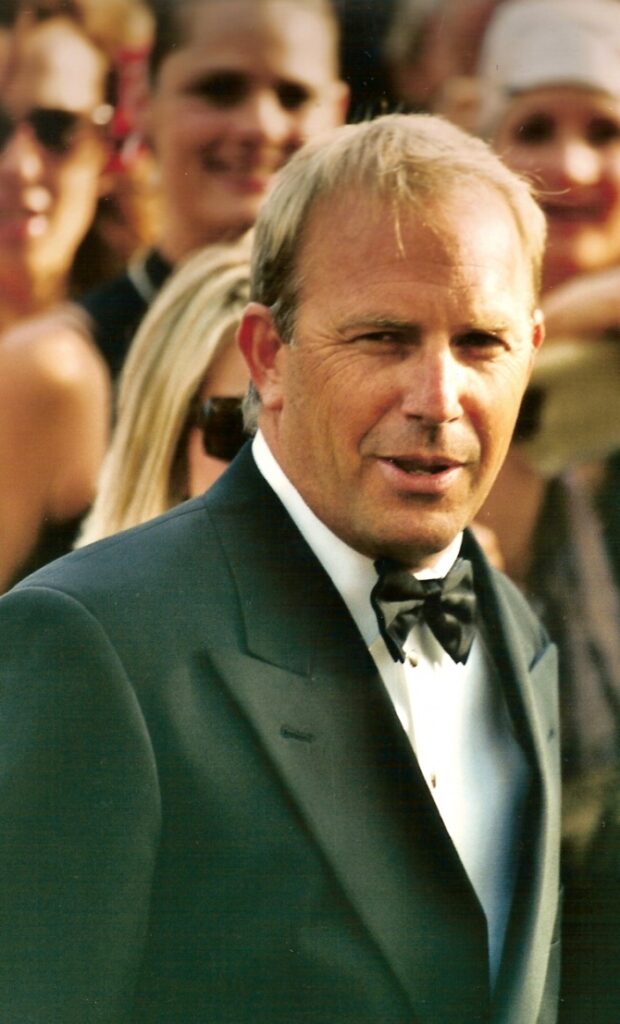
3. **The Battle Over Script Control on Set**At the heart of many on-set conflicts, especially with established stars, often lies the thorny issue of creative control. For Kevin Costner, the reports indicate a recurring pattern: allegations that he attempted to “rewrite scripts without warning.” This wasn’t merely a suggestion or a collaborative tweak; it was an alleged unilateral effort to alter the foundational text of the series, bypassing the show’s creator and potentially undermining the integrity of the storytelling.
Such behavior, if widespread, can create a deeply problematic environment, disrupting production schedules, confusing other actors, and, most importantly, disrespecting the original vision of the writer and director. In an industry built on hierarchical roles and shared responsibilities, taking such liberties is often seen as a significant breach of professional etiquette. The direct confrontation with Wes Bentley over adhering to Taylor Sheridan’s script versus Costner’s own direction perfectly encapsulates this struggle.
The idea of a star, even one with a proven track record, attempting to fundamentally reshape a narrative without the explicit consent of the showrunner or studio points to a deep-seated desire for creative agency. However, when this desire manifests as unauthorized script changes, it can alienate colleagues, ignite feuds, and ultimately lead to a reputation that labels an actor as “difficult.” This challenge to the script became a central pillar of the controversies surrounding Costner’s tenure on “Yellowstone.”
Read more about: Unlock Billionaire Thinking: The 14 Essential Books Top Innovators and Leaders Read
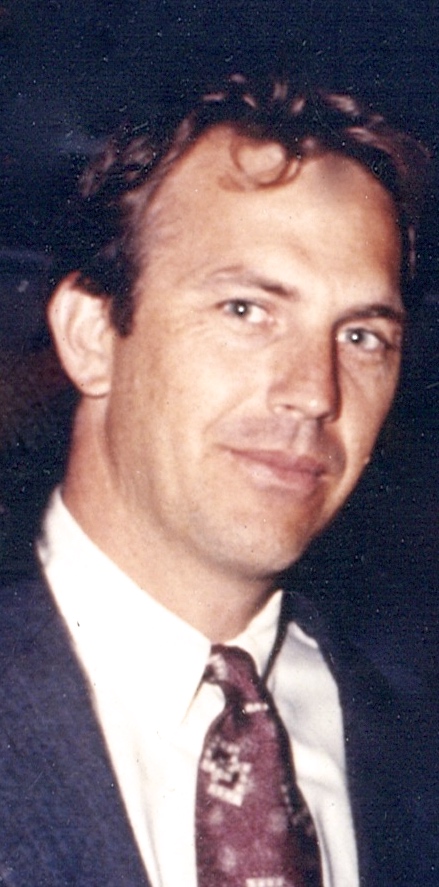
4. **Being Labeled ‘Impossible’ to Work With**As the controversies mounted, a damaging label began to attach itself to Kevin Costner: he was deemed “impossible” to work with. This isn’t a casual critique; in Hollywood, such a reputation can be a death knell for a career, especially for an actor who relies on collaboration for success. One insider pointed to the standoff with Wes Bentley as just “another example of Costner being ‘impossible’,” suggesting a pattern of behavior rather than an isolated incident.
This label encompasses a range of alleged behaviors, from trying to “rewrite scripts without warning” to being involved in “altercations with other co-stars.” An actor perceived as “impossible” can make producers hesitant to hire them, directors wary of their presence, and fellow cast members reluctant to share a set. The financial and logistical implications of working with someone prone to such disruptions are immense, making them a risky investment for any production.
Indeed, the outlet reported, “There’s a long list of people in Hollywood who swear they’ll never work with Costner again.” This damning statement underscores the severity of the reputation he allegedly garnered. For a career built on numerous collaborations, being blacklisted by a significant portion of the industry represents a monumental threat to its continued viability and growth, potentially curtailing future projects and diminishing his standing as a leading man.
Read more about: 12 Ingenious Home Hacks: Transform Everyday Items into Powerful Problem-Solvers for a Smarter, More Efficient Home
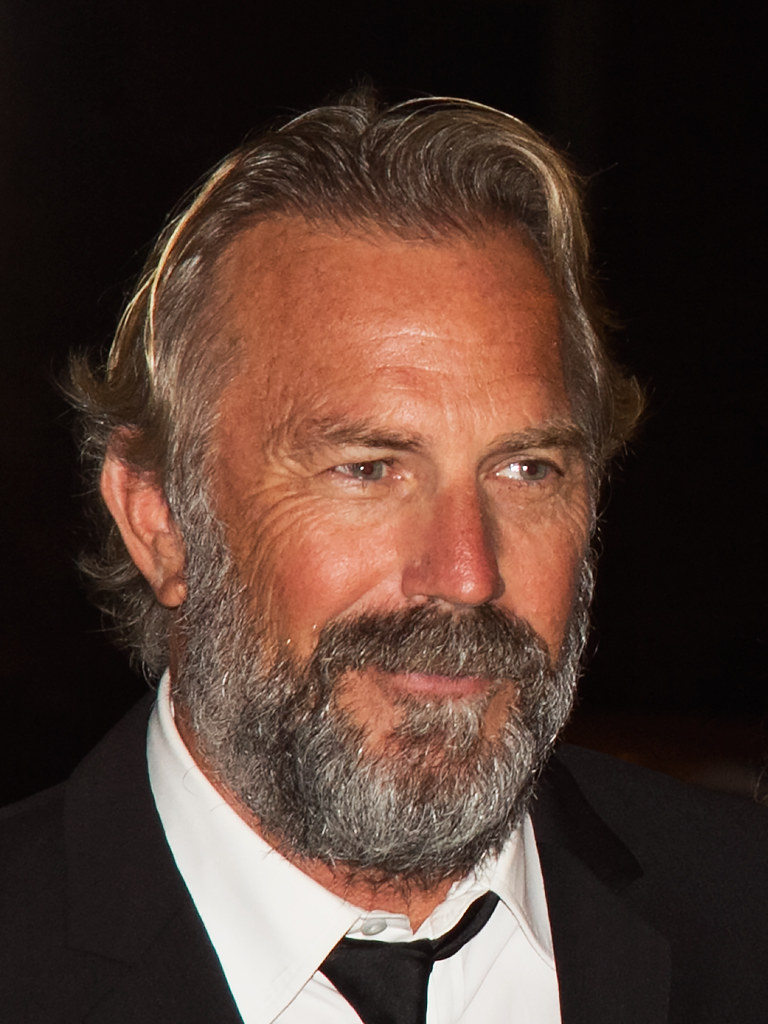
5. **The Emotional Toll on Fellow Cast Members**Beyond the alleged physical confrontations and script disputes, Kevin Costner’s actions reportedly had a profound emotional impact on his fellow cast members. The reports specifically mentioned Kelly Reilly, who portrays the formidable Beth Dutton on “Yellowstone,” was “moved to tears” by Costner’s behavior. This detail offers a poignant glimpse into the deeply distressing atmosphere that allegedly permeated the set.
When a star’s actions are so disruptive that they bring a co-star to tears, it signifies a level of emotional distress that extends far beyond typical on-set pressures. It indicates an environment where tension and conflict were not just prevalent but actively affecting the well-being and professional performance of others. This kind of emotional fallout can be as damaging as any production delay, eroding morale and fostering resentment among the team.
The fact that others also found it “increasingly hard to work with the Oscar winner” further emphasizes the pervasive negative impact. A set should ideally be a place of creative synergy, but these accounts paint a picture of an environment fraught with difficulty, where colleagues struggled to perform their duties effectively due to the actions of one individual. Such emotional strain on the cast and crew can seriously jeopardize the harmony and efficiency required for successful filmmaking.
Read more about: Level Up Your Watchlist: The Ultimate Guide to the Best Movies Streaming on Amazon Prime Right Now
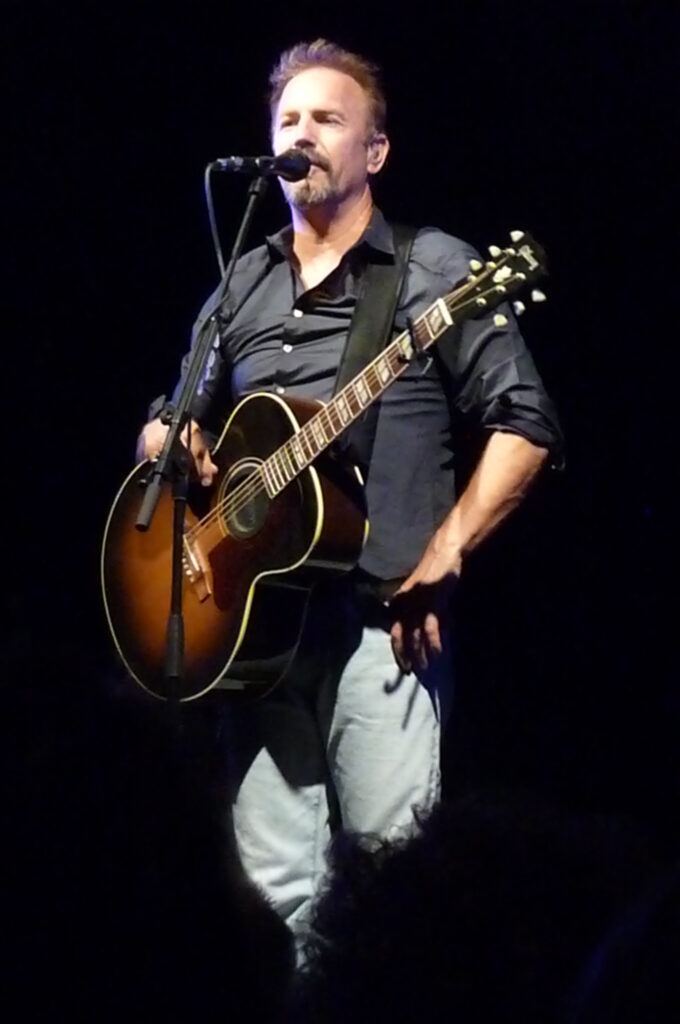
6. **The Tumultuous Exit from ‘Yellowstone’ and its Aftermath**Amidst the escalating behind-the-scenes drama, Kevin Costner eventually made his highly publicized exit from “Yellowstone.” While the official reason cited scheduling conflicts with his passion project “Horizon,” the detailed context of on-set brawls, script control issues, and a reputation for being “impossible” suggests a more complex narrative. His departure became one of the most talked-about events in recent television history, leaving fans and industry insiders speculating about the true reasons.
The departure was not just a logistical challenge for the show; Taylor Sheridan, the show’s creator, admitted he was “disappointed” and that it had a “negative impact on the show’s creative direction.” Sheridan noted, “It truncates the closure of his character,” implying that the story arc for Costner’s character, John Dutton, had to be prematurely altered. This highlights the significant creative fallout from a lead actor’s contentious exit.
The aftermath of his departure also brought forth surprising revelations from his co-stars. Luke Grimes, who plays Kayce Dutton, openly admitted in a 2024 interview that Costner’s absence made filming “a lot easier.” He candidly stated, “To be really honest, there was a part of Kevin being gone that meant some of the conflict was gone,” adding, “Not pointing any fingers, but it was actually the easiest season we’ve filmed.” This stark admission from a fellow actor underscores the extent of the friction and conflict that allegedly characterized Costner’s time on the hit series.
Read more about: Unpacking America: 14 Mind-Blowing Facts About the USA You Absolutely Need to Know!
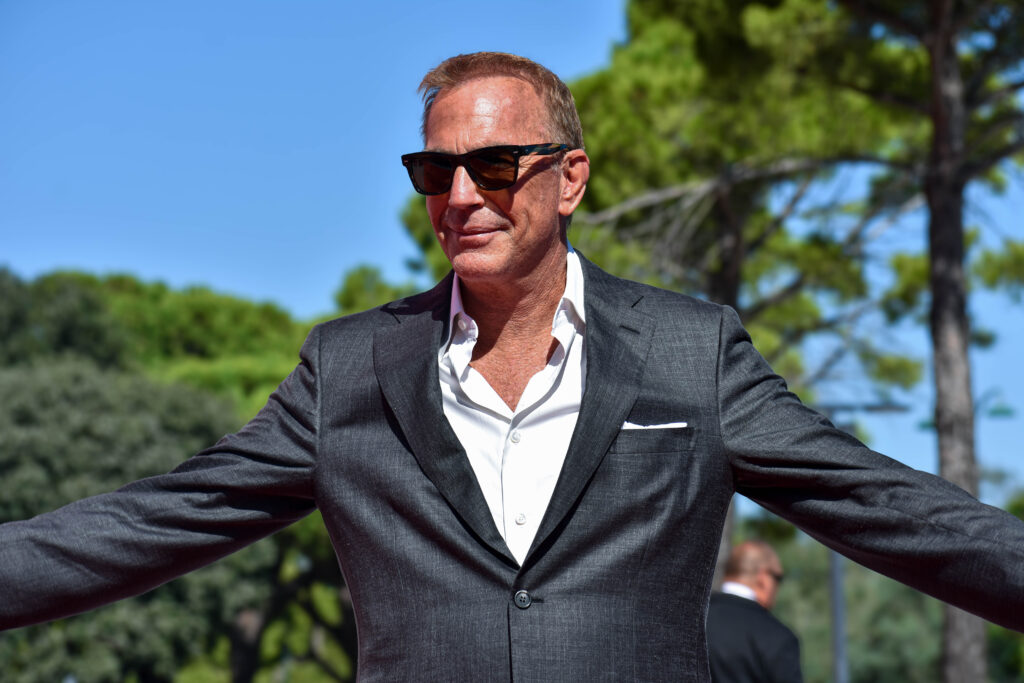
7. **The Nuance of ‘Difficulty’ – A Former Agent’s Defense**Amidst the storm of allegations painting Kevin Costner as a problematic presence on set, a voice from his past emerged to offer a more nuanced perspective. Rick Nicita, who represented Costner as his agent from 2002 to 2008, stepped forward to challenge the blanket label of ‘difficult.’ Nicita’s intervention provides a valuable counter-narrative, inviting us to consider the complexities of a star’s on-set behavior beyond simple black-and-white judgments.
Nicita was quick to dissect the various interpretations of ‘difficult,’ explicitly stating that for Costner, it wasn’t about unprofessional dereliction of duty. “The word difficult gets used a lot,” Nicita told The Hollywood Reporter. He clarified, “It can mean someone who won’t come out of their trailer, or someone who doesn’t know their lines, or is rude. That’s not Kevin.”
Instead, Nicita framed Costner’s alleged ‘difficulty’ as an unyielding conviction in his artistic vision. He explained, “He wanted what he wanted and knew what he wanted and if he didn’t get it … well, he was never a great compromiser.” This suggests a steadfast belief in his creative choices, which, while potentially clashing with others, stemmed from a deep-seated confidence in his craft. For Nicita, this was less about malice and more about an uncompromising pursuit of his artistic goals.
This reframing challenges the simplistic narrative, suggesting that what some perceive as arrogance or stubbornness, others might see as passion and a relentless drive for quality. It compels us to consider how often a strong artistic will, when it diverges from established norms or other creative forces, can be misconstrued in the high-pressure environment of a Hollywood production, leading to reputations that are hard to shake.
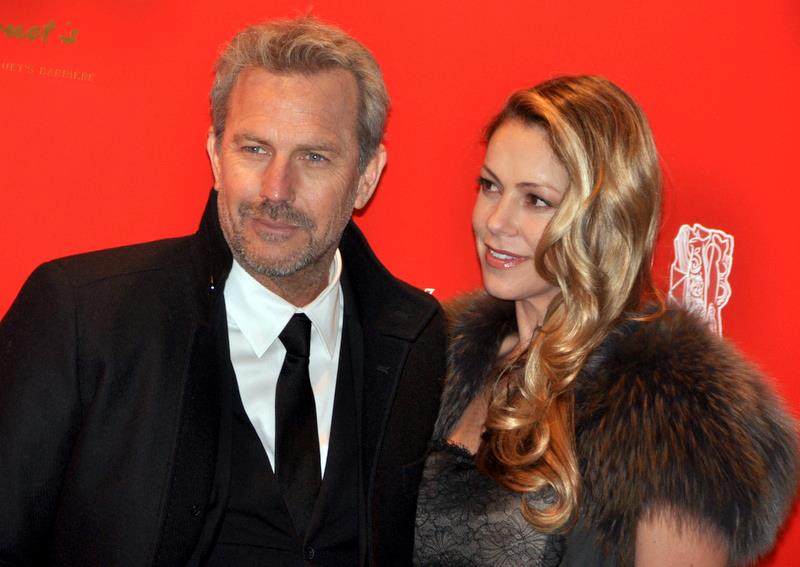
8. **Taylor Sheridan’s Disappointment and Denial of Personal Rift**The ripple effects of Costner’s departure from ‘Yellowstone’ extended directly to the creative helm, with show creator Taylor Sheridan openly expressing his disappointment. His perspective offers crucial insight into the strategic and narrative challenges posed by the sudden exit of a lead actor, underscoring the delicate balance required to maintain a cohesive story.
Sheridan lamented the creative fallout, admitting that Costner’s exit had a “negative impact on the show’s creative direction.” More pointedly, he noted, “It truncates the closure of his character,” implying that the meticulously planned story arc for John Dutton had to be significantly altered, perhaps rushed, due to the circumstances. This highlights the substantial creative adjustments forced upon a production when a pivotal character’s journey is cut short.
Despite the clear professional ramifications, Sheridan was careful to distinguish between creative differences and personal animosity. He firmly denied any personal rift, stating, “I’ve never had an issue with Kevin that he and I couldn’t work out on the phone.” This suggests that whatever tensions existed on set, they hadn’t, from Sheridan’s viewpoint, fully eroded their personal working relationship.
However, Sheridan also shed light on the pervasive influence of external forces in such high-profile disputes. He acknowledged that “once lawyers get involved, then people don’t get to talk to each other and start saying things that aren’t true and attempt to shift blame based on how the press or public seem to be reacting.” This paints a picture of a situation spiraling beyond the control of the creative individuals involved, complicated by legal maneuvers and public perception.
Ultimately, Sheridan expressed a degree of empathy for his former star, stating that Costner “took a lot of this on the chin” in terms of the saga playing out publicly. He concluded, “I don’t know that anyone deserves it,” hinting at the immense pressure and unfair scrutiny that often accompany such high-profile celebrity disputes.
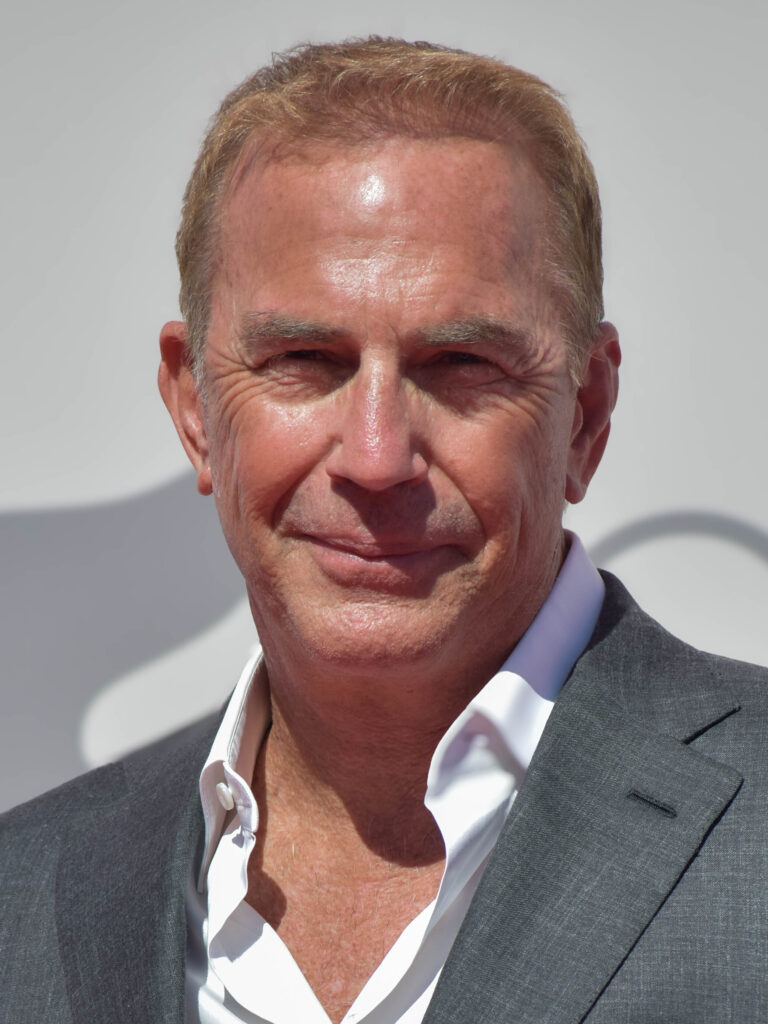
9. **Creative Control vs. Collaborative Spirit: The Sheridan-Costner Dynamic**The core of many on-set controversies, especially those involving established stars, often boils down to a fundamental tension: the quest for creative control versus the necessity of collaborative spirit. In the ‘Yellowstone’ saga, the alleged attempts by Kevin Costner to “rewrite scripts without warning” starkly highlighted this dynamic, clashing directly with Taylor Sheridan’s singular vision for the series.
This wasn’t merely a minor disagreement; it was a collision of artistic wills. Wes Bentley’s reported refusal to deviate from Sheridan’s script, famously telling Costner he had “signed up for a Taylor Sheridan show, not a Kevin Costner production,” perfectly encapsulates the clash of artistic integrity. It underscored the perceived overreach when a star tries to impose their direction beyond their designated role, potentially undermining the integrity of the storytelling.
In an industry built on hierarchical roles and shared responsibilities, such unilateral actions are often viewed as a significant breach of professional etiquette. While an actor’s desire for creative agency is understandable, especially for someone with Costner’s legacy, its manifestation as unauthorized script changes can disrupt production, confuse the cast and crew, and ultimately alienate key collaborators, including the showrunner.
Despite Sheridan’s later denial of a personal rift, the context vividly illustrates a struggle for authority that, while not necessarily personal, was deeply rooted in differing ideas about narrative direction and character development. This power dynamic, more than any individual personality clash, appears to be the underlying current that fueled many of the on-set issues and ultimately contributed to the contentious environment.
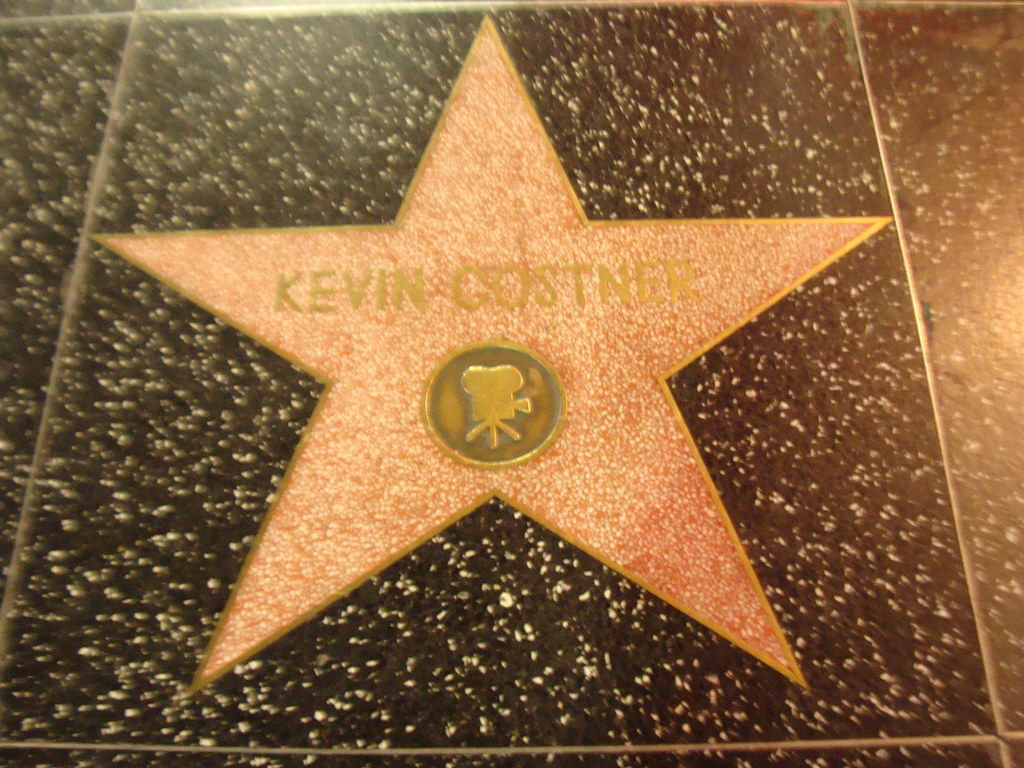
10. **The Lingering Threat of Industry Blacklisting**In the insular world of Hollywood, a reputation for being ‘impossible to work with’ isn’t just a minor inconvenience; it can be a career-ending pronouncement. For Kevin Costner, the accumulation of alleged on-set behaviors, from altercations to unauthorized script changes, culminated in this damaging label, casting a long shadow over his future prospects.
This isn’t merely a subjective opinion; it carries tangible, severe implications. An actor perceived as ‘impossible’ makes producers hesitant to hire, directors wary of their presence, and fellow cast members understandably reluctant to share a set. The financial and logistical nightmare of working with someone prone to disruptions makes them a high-risk investment for any production, regardless of their star power.
Perhaps the most damning evidence of this reputational damage came from an insider who bluntly stated, “There’s a long list of people in Hollywood who swear they’ll never work with Costner again.” This isn’t just a threat; it’s a potential professional death sentence for an actor whose career thrives on collaboration and new projects. Being blacklisted by a significant portion of the industry represents an immense threat to continued viability.
Such a pervasive negative perception can effectively curtail future projects, limit an actor’s options, and ultimately diminish their standing as a leading man or sought-after talent. For a career built on numerous successful collaborations and commanding performances, the shadow of being deemed ‘unworkable’ is a formidable challenge, potentially reshaping the entire trajectory of an iconic career.
Read more about: Inside the Culture Wars: 14 Celebrities Who Dared to Defy Woke Culture and Faced the Fallout

